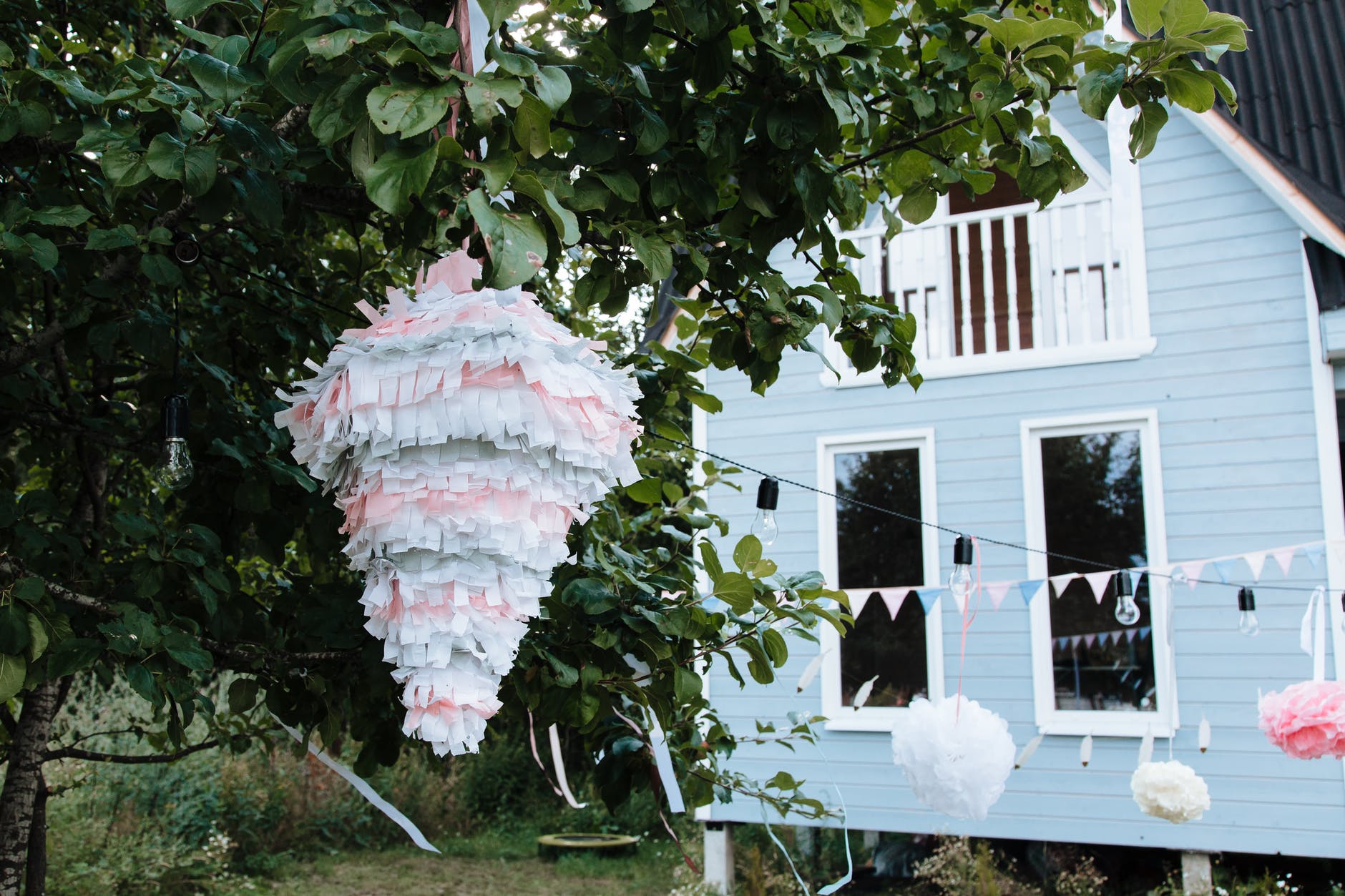Jim Ross-Nazzal is a Professor of History at Houston Community College – Eastside Campus and recorded a 25-minute session at Open Ed 2021. Their session was entitled “An OER Textbook: Design Thinking and Pinata Innovation.” What a cool title! Ross-Nazzal mentioned that the title came from a year-long institute they participated in. They described designing for inclusion and accessibility and how students are part of the design, product, and outcome… for a US history textbook. Ross-Nazzal clarified that designing for inclusion and accessibility when student voices are included in creating the textbook. Ross-Nazzal had three points on a slide:
- pursue usefulness
- weaponize empathy
- embrace failure … as a means to innovation
They spoke about how they took a “Shakespearean” approach to design thinking with five acts:
- Act I: Students & Textbooks that are expensive
- Act II: Students are angry that the textbooks are expensive; disinterest in the textbook
- Act III: Students fail the test or assignment because they don’t have the book
- Act IV: OER is the resolution, but that doesn’t necessarily end it…
- Act V: Student content is needed!
Ross-Nazzal emphasized the stress that students endure with expenses. They described design thinking as collaborative, innovative, and non-linear. What do users need vs. “felt need”? Learning something vs. getting an A. Ross-Nazal explained that brainstorming is collaborative and an opportunity to ideate with diverse people. Ross-Nazzal’s prototype was an OER with students as active contributors and excited participants creating content. Their “pinata innovation” was a “thought… a grand idea… and you bust it open… and the grand thought has all these ideas… individual ideas… and you pick through them what you want… what works… and take what looks good from those ideas and leave the rest.” Ross-Nazzal explained that the “dramatic shift” requires unlearning. I liked how they described “history through their lenses.” They shared their Pressbooks OER. They have 35 chapters! Wow. The project is found at: ourstory.pressbooks.com They shared their contact information and encouraged collaborations.



